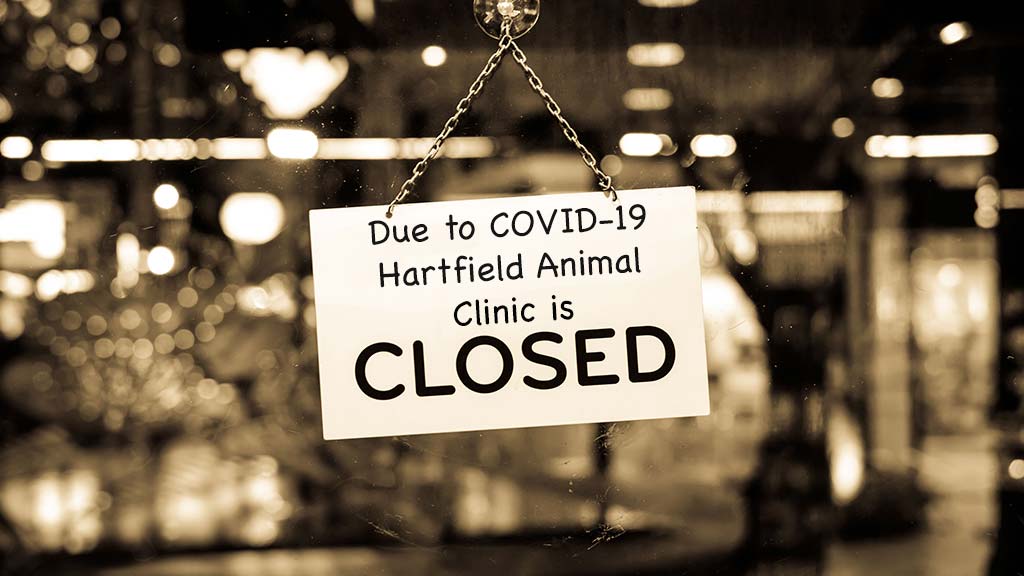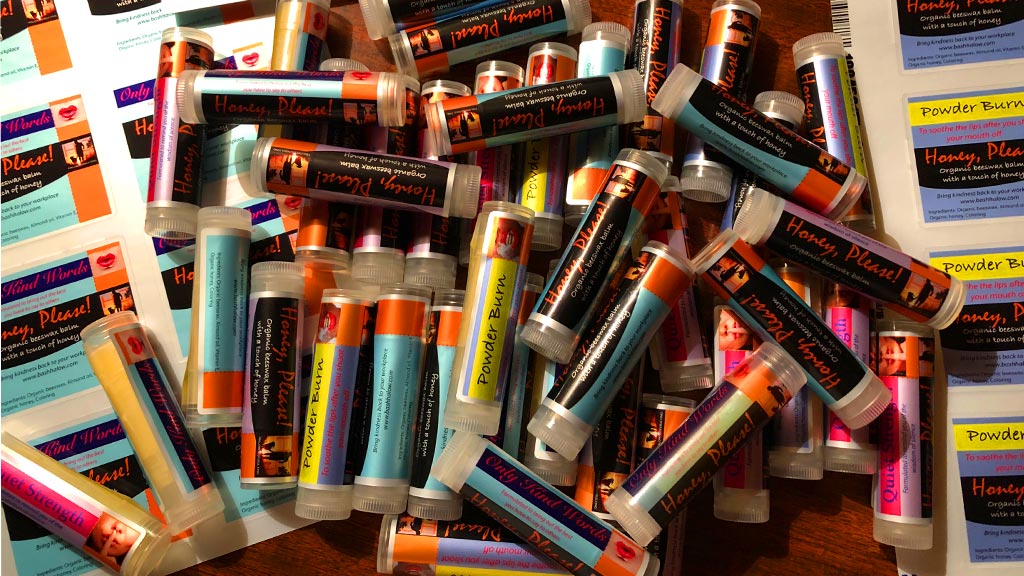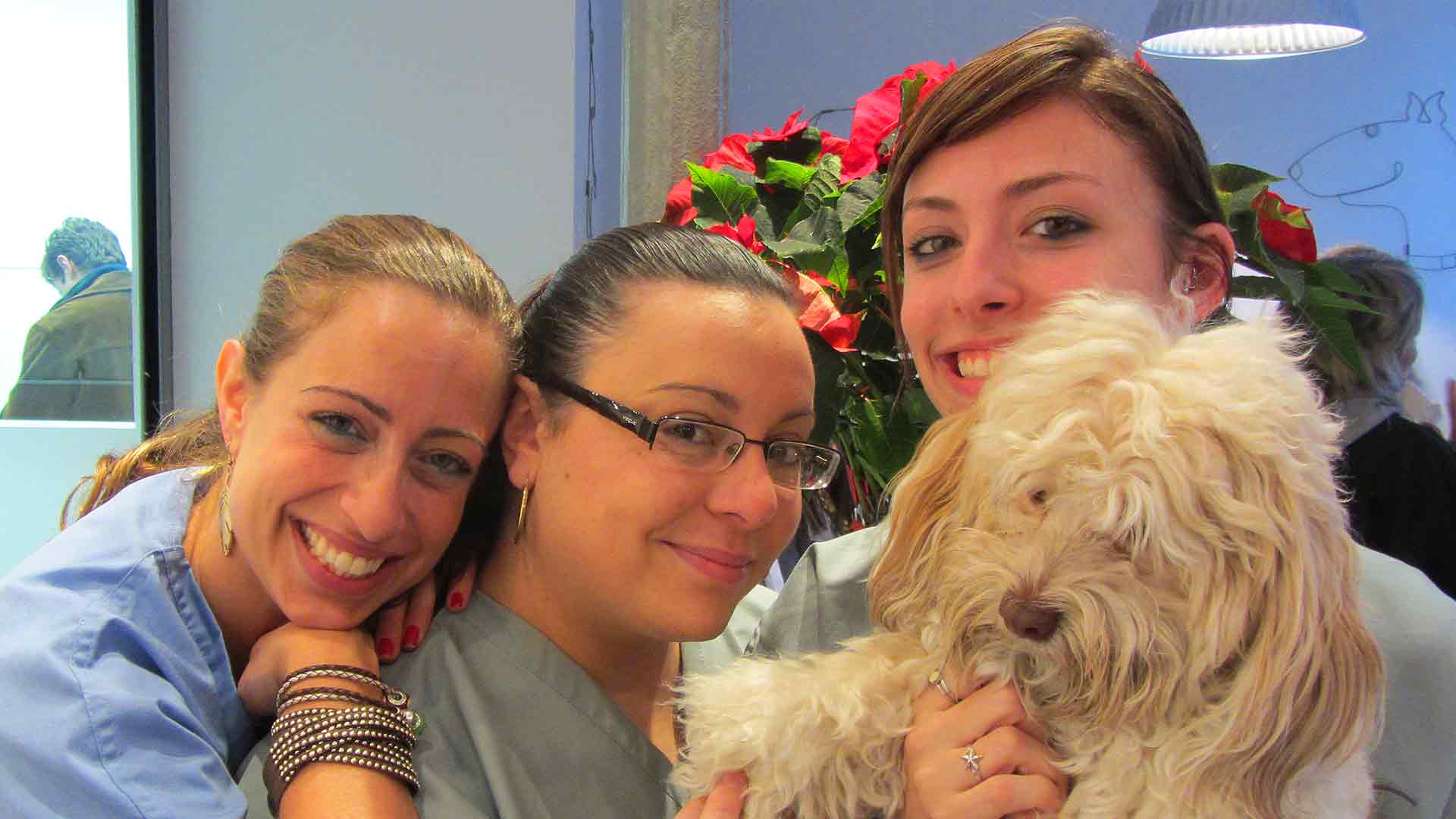Here’s what some veterinary hospitals have decided to do… at least for now.
Is It Ethical To Stay Open When The Nation Could Run Short of Personal Protective Equipment?
According to the American Veterinary Medical Association, as of March 15th, 2020, there are still only minor regional shortages of masks and gowns, though some states like Ohio have asked all medical facilities including veterinary hospitals to restrict elective procedures to limit the use of personal protective equipment (PPE) until we are through the worst of the crisis. The World Health Organization (WHO) and the Federal Drug Administration (FDA) along with other organizations are forecasting upcoming shortages. In light of these forecasts, you should do your best to conserve PPE by limiting or eliminating elective services at your practice or, minimally, by being thoughtful about their value. Other PPE conservation strategies include:
- Use reuseable gowns
- Use non-sterile gowns when there is a low risk of contamination
- Continue to use one facemask when transmission risk is low
- Use expired PPE materials around patients where transmission risk is low
“If you are in an area with active COVID-19 cases, consider limiting patient care to acutely ill animals and or emergencies. Work to reschedule elective procedures, such as annual examinations, vaccinations, spays/neuters, and routine dentals. Animals that are sick or injured should receive veterinary attention.” AVMA FAQ’s on Shortages of Surgical Masks and Gowns
Additional Links On The Topic
Are Other Veterinary Practices Shutting Down?
A significant portion of veterinary-school-associated hospitals have announced that they are only seeing urgent care cases including North Carolina State Veterinary Hospital and the University of Pennsylvania Ryan Hospital. When making a decision to change your hours of operation or the kinds of cases that you see, take into consideration local, state and federal recommendations on the matter; the ethical considerations of using valuable medical supplies on non-urgent cases; the risk of thwarting government isolation efforts for a service that could be postponed; the availability of team members to manage the caseload; and the risk of exposing team members to COVID-19 by having them interact with more members of the public.
How Are Other Veterinary Practices Managing Sick Leave?
At the outset of this crisis, many practice owners calmed their employees’ fears by telling them that they would be paid sick leave if the practice had to close or if the employee couldn’t come to work due to COVID-19-related exposure or illness. But this policy raises additional questions:
- What if the crisis lasts longer than the business anticipates?
- What if a lack of business, a lack of employees able to work, or state-mandated closures stop all operations and cash flow?
- What if COVID-19 ushers in an economic recession that prevents cash flow from returning to normal levels?
On March 12th, 2020, the U.S. Department of Labor announced new guidance outlining flexibilities that states have in administering their unemployment insurance programs to assist Americans affected by the coronavirus outbreak.
Federal law permits significant flexibility for states to amend their laws to provide Unemployment Insurance benefits in multiple scenarios related to COVID-19. For example, federal law allows states to pay benefits where: (1) An employer temporarily ceases operations due to COVID-19, preventing employees from coming to work; (2) An individual is quarantined with the expectation of returning to work after the quarantine is over; and (3) An individual leaves employment due to a risk of exposure or infection or to care for a family member. In addition, federal law does not require an employee to quit in order to receive benefits due to the impact of COVID-19. Department of Labor
Keep in mind that this contingency will be applicable to employees who are NOT receiving any kind of Family Medical Leave Act (FMLA) or sick leave benefits. It allows states more flexibility when considering unemployment insurance cases and opens the door to the increased availability of resources on a state-by-state basis.
Additional Links on The Topic
What If My Business Cannot Manage The Cost of Closure or A Drop In Business?
Forced closure or a drop in business could critically harm many veterinary practices. The Small Business Administration (SBA) provides disaster relief loans to ‘help businesses and home owners recover from declared disasters’, but as of this writing, the portal to apply for assistance was unresponsive. You may have better luck contacting a district, regional, or field office of the SBA.
Some businesses carry business interruption insurance. Check with your carrier if you are unsure whether or not COVID-19 closure is covered under your policy.
Additional Links on The Topic
How Are Veterinary Practices Keeping Employees and Clients Safe During COVID-19?
Here’s a list of protocols that veterinary hospitals are employing during the COVID-19 outbreak to keep employees and clients safe:
Using Appropriate Sanitizer Products Like Rescue
Most U.S. and Canadian practices use Rescue wipes to sanitize surfaces in their workplace. The hydrogen peroxide wipes have a proven efficacy against coronavirus, a low contact time, are non-staining, and safe to use on non-porous surfaces like door knobs, keyboards, telephones and reception counters all of which have been recognized by the CDC as major sources of COVID-19 infection.
The manufacturer of Rescue has a webpage on how to effectively clean work surfaces. Share the link with your employees to make sure you’re doing things correctly.
Providing Tele-advice and Telemedicine to Clients As Needed.
Most states allow veterinarians to diagnose and prescribe over the phone using voice, video, or image data provided that they have a valid Veterinary Client Patient Relationship (VCPR) with the caller. Almost all states use a variation of the AVMA model VCPR, but you should check with your specific state board to understand what qualifies as a valid VCPR in your area. Remember to record all phone conversations in the patient medical chart.
-
- Use tele-advice to provide non-specific, general information to pet owners with whom you do not have a valid VCPR. In addition to being helpful, use the time to acquaint the caller with the value of your practice and services and try to book an appointment for the caller if the case is urgent, or if not, for a time after the crisis has eased.
- Use telemedicine for clients with whom you have a valid VCPR when you want to limit the amount of time you and your staff members interact with the public during this outbreak.
Helping Clients Avoid Lobby Wait Time
For those practices that are staying open for non-urgent appointments, give clients the opportunity to wait in their car. When their exam room is ready, give them a call so that they can walk directly from the outside into an exam room. Check the client out in the room, so that they can leave directly after their visit and avoid being near others in the lobby.
Providing Curbside Care
Many practices with a large-enough parking lot are giving clients the option to call the practice once they arrive. When a medical professional is ready, he or she calls the client, triages the patient over the phone, and then goes to the parking lot to collect the patient, bring him or her inside, diagnose the patient, and then return the patient to the car along with appropriate discharge instructions and/or meds. Have your client care team invoice the client over the phone just as soon as the exam is over, but before the patient is returned to the car.
Providing Ways For Clients To Finance Veterinary Care
As of this writing the stock market has lost more than 3.18 trillion dollars in value due to the coronavirus outbreak and many financial analysts believe that we have entered a global recession. Recessions typically affect the poor twice as badly as they do the wealthy. When business returns to normal, you may be facing a large number of pet owners that want to provide their pets with great care, but who don’t have the means to pay its full, up-front costs
Companies like Vetbilling have a number of financial tools that are working well for veterinary practices including managed payment plans and prepayment plans. According to CEO, Tony Ferraro:
“Veterinary practices should prepare for an economic downturn. This can be accomplished with prepayment plans, payment plans, pet savings accounts, wellness plans and any other membership type plans that provide your practice with a recurring cash flow.
VetBilling has guidelines for best financial practices so that practices will always have the cash flow to cover the cost of any treatment plan when offering payment alternatives. You will cover all your operating costs for each procedure and increase your cash flow and increase your profits.” Tony Ferraro.
For more on vetbilling visit their website.
Posting Website Signage
Many practices are placing alerts on their website to give clients an update to changes in the schedule or to allay client fears of coming to the practice. The best messaging is written to sound helpful, not autocratic.
To this end, don’t patronize your clients by telling them that they have to wash their hands when they arrive. At this point, every American has been told to wash their hands dozens of times and if they haven’t started washing yet, one last warning from you is not going to make a difference. Instead, say something like, “We have conveniently placed bottles of hand sanitizer for you to use in the lobby, exam room, and every other stop that you and your pet might make while visiting us at our hospital.”
Instead of telling clients to stay home if they are sick, say something like, “If you are concerned that you are infectious or have come in contact with someone who is infectious, call us, and we’ll devise a plan to safely see your pet without risking anyone’s health.” Similarly, instead of cautioning clients to cover their mouths if they sneeze or cough (again, a kind of ‘duh’ recommendation for 99% of the population), say something like, “In the very unlikely event that our team members have a cough or sneeze due to allergies or some other benign medical condition, they will wear a mask. We can also provide you a mask if you request it for your visit. All of our employees have been instructed to not come to work if they are showing signs of ANY flu-like illness and are being compensated for their lost time at work.”
Have Additional Ideas for How To Cope During This Crisis?
Please share any additional information you have on this topic. I would love it if we all shared our thoughts on how to conduct business responsibly and safely through the duration of the crisis!
Additional Resources
- Risk assessment of employees that may be infected or that are at risk of exposure
- CDC interim guidance for businesses COVID-19
- CDC printer friendly handout for employees on what to do if sick
- OSHA employer guidelines and COVID-19
- Maps showing areas of outbreak across the globe
- FDA update on supply shortages
- MWI list of supply shortages
Use the following resources when drafting a list of recommendations for pet owners in the face of COVID-19.
- American Veterinary Medical Association
- World Small Animal Veterinary Association
- World Organization for Animal Health
- Center For Disease Control
Additional Reading
New To Halow Consulting?
Let’s Get Started








